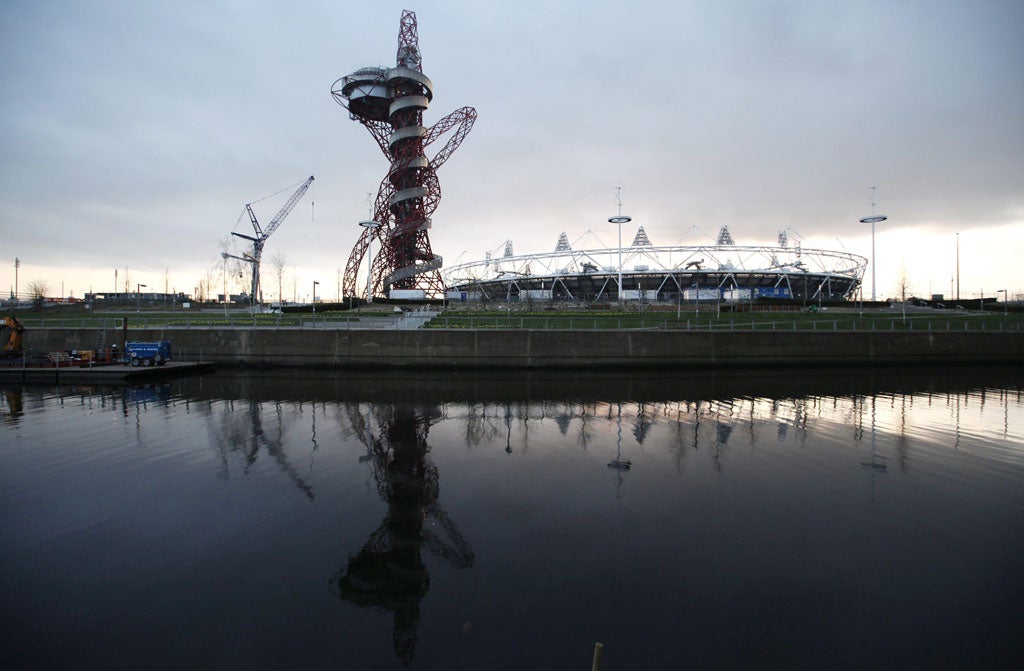Simon Calder: Dogged pursuit of a bargain bed in Barking
The man who pays his way

The typical travel survey belongs on the far side of the Land of Make-believe. Take this shock finding from the website Jetcost.co.uk: "Over a third of UK fliers admit that they would be willing to pay more for a flight in order to offset the plane's carbon emissions."
Great news for the planet? Before you feel warmed by these apparent good intentions to address climate-change concerns, note that several top airlines no longer offer passengers the chance to offset emissions associated with their flights – because, it is rumoured, the uptake was almost immeasurably small.
As Neil Kinnock found to his cost in the 1992 general election, what people tell the pollsters and what they actually do are often entirely different. My survey of travel surveys suggests that many are bunkum. But one honourable exception is the hotel price index compiled by the website Hotels.com. It is based upon what people have actually paid, and therefore it reflects real life.
The findings make great news for London hoteliers in the run-up to the Olympics. There have been many conflicting predictions about hotel occupancy and prices during the Games. But Hotels.com compared like with like: how much you would pay for a room in central London if you book it now for a night during the Olympics – against a similar transaction in 2011.
Rates for early August have more than doubled: up 102 per cent on last year. That bears out the evidence I have found for specific hotels, such as the central London hotel where I have a reservation for 1 August. The rate, £450, is 150 per cent higher than for the same date last year.
You can see similar rises across the capital, including budget hotels on the eastern outskirts: the cheapest room at Barking's Premier Inn in early August is £199, three times more than in early July. The British Hospitality Association tells me several central London hotels are already full during the Games. The 33 top hotels in the centre of the capital predict an average occupancy of 96.4 per cent during the Olympics: a 200-room hotel will have only seven empty rooms on a Games night.
No room at the inn for people who want to travel from other parts of the UK to London during the Olympics? Don't write it off yet. Another industry body, the European Tour Operators' Association, expects bargain beds at the last minute, possibly all the way from the Isle of Dogs to Barking. If you're in dogged pursuit of a deal, you could wait for the post-Olympics slump at the end of the Games. Or you could search online at noon next Wednesday, 21 March, when the latest Tune Hotel, in Paddington, goes on sale. The Malaysia-based budget chain (tunehotels.com) has promised an average of 20 rooms will be available each night during the Olympics for only £99.
ppp For Brits heading abroad, the survey suggests it is easy to find a bargain: just look for a recognised tourist destination that has been in the headlines for the wrong reasons over the past year. The chances are you'll get a deal there. Clear evidence of the effects of the Arab Spring are shown in Egypt and Tunisia, with rates down around 27 per cent. And across European capitals, the best bargains are to be found in Greece. Athens saw average room rates drop by one-tenth, to just £80 a night.
Sterling slump sets snore scale soaring
Some hoteliers are making a mint, particularly in Australia and New Zealand – at least if you look at the rates in terms of the puny old pound.
Because of the slump in sterling, and the wobbly euro compared with the mighty Australian dollar, Sydney has leapfrogged three traditionally expensive European capitals – Amsterdam, Rome and London. An average room in Australia's largest city now costs £119.
The price of a Scandinavian snooze rose steeply: by one-sixth in Stockholm and one-seventh in Helsinki.
The most expensive? Muscat, the capital of Oman, at £219 a night. Assuming eight hours' sleep, that works out at 45p for every minute of slumber, or (based on a poll of travel-desk staff) around 4p per snore.
For the price of a week in Muscat you could stay a month in the cheapest city, Phnom Penh in Cambodia. Don't blame greedy hoteliers: it happens that Hotels.com's top seller in the city is the Chedi Muscat, pictured, boasting a 308ft pool and divine Balinese spa. The cheapest double tonight will cost £349.
Subscribe to Independent Premium to bookmark this article
Want to bookmark your favourite articles and stories to read or reference later? Start your Independent Premium subscription today.

Join our commenting forum
Join thought-provoking conversations, follow other Independent readers and see their replies